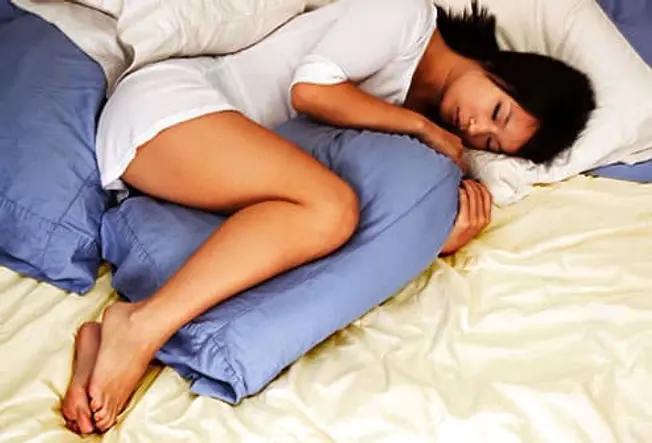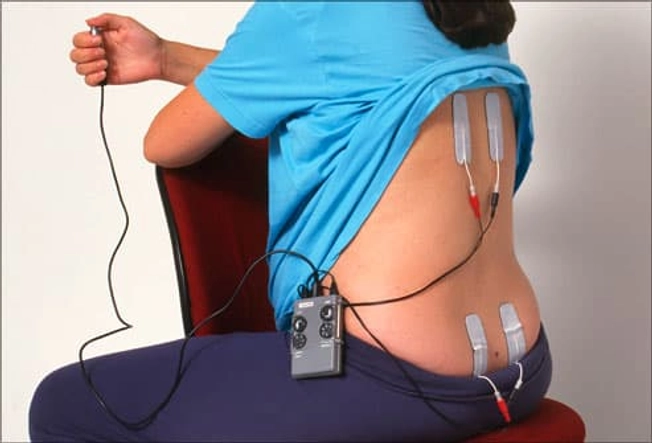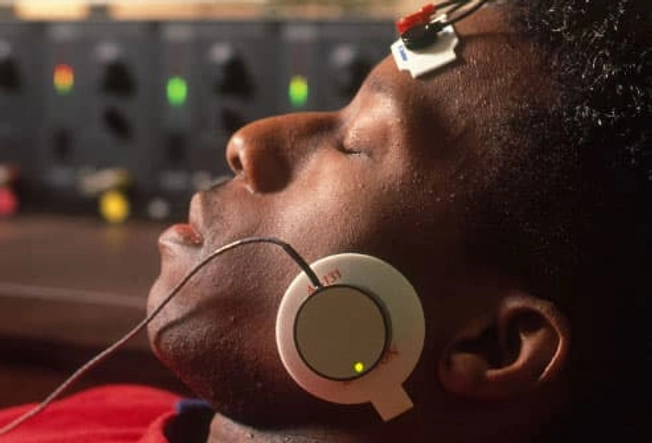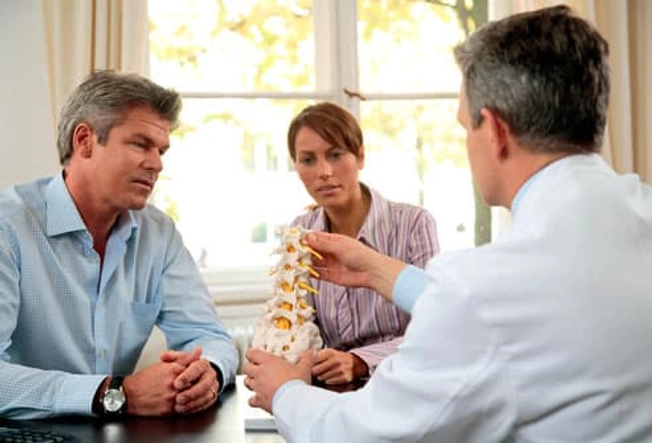Ways to Relieve Back Pain


Sleep Better
When you have back pain, sleeping can be hard. It can be a vicious cycle because when you don't get enough sleep, your back pain may feel worse. A poor sleep position can also aggravate back pain. Try lying on your side. Place a pillow between your knees to keep your spine in a neutral position and relieve strain on your back. If you need to sleep on your back, slide a pillow under your knees. Be sure to sleep on a comfortably firm mattress.

Good Posture
Grandma was right! Slouching is bad for you. And poor posture can make back pain worse, especially if you sit for long periods. Don't slump over your keyboard. Sit upright, with your shoulders relaxed and your body supported against the back of your chair. Try putting a pillow or a rolled towel between your lower back and your seat. Keep your feet flat on the floor.

Medication From the Store
There are two kinds of over-the-counter pain relievers that frequently help with back pain: nonsteroidal anti-inflammatory drugs (NSAIDs) and acetaminophen. Both have some side effects, and some people may not be able to take them. Talk to your doctor before taking pain relievers. And don't expect medication alone to solve your pain problem. Studies show you'll probably need more than one type of treatment.

Prescription Pain Relievers
Some people may need prescription-strength NSAIDs or opioid medications to help with pain. It is important to talk to your doctor or pharmacist if you are taking any other medications -- including over-the-counter medicines -- to avoid overdosing on certain active ingredients. Your doctor may also prescribe muscle relaxants to help ease painful muscle spasms.

Antidepressant Medications
Even if you're not depressed, your doctor may prescribe antidepressant medications as part of the treatment for chronic low back pain. It's not clear how antidepressants help relieve chronic pain. It is believed that antidepressants' influence on chemical messengers may affect pain signals in the body.

Physical Therapy
Physical therapists can teach you how to sit, stand, and move in a way that keeps your spine in proper alignment and alleviates strain on your back. They also can teach you specialized exercises that strengthen the core muscles that support your back. A strong core is one of the best ways to prevent more back pain in the future. Studies show that when you increase your strength, flexibility, and endurance, back pain decreases -- but it takes time.

Don't Rest an Achy Back
Doctors used to prescribe bed rest for back pain. But now we know that lying still is one of the worst things you can do. It can make back pain worse and lead to other complications. Don't rest for more than a day or two. It's important to get up and slowly start moving again. Exercise has been found to be one of the most effective ways to relieve back pain quickly. Try swimming, walking, or yoga.

Ice and Heat
Regular applications of ice to the painful areas on your back may help reduce pain and inflammation from an injury. Try this several times a day for up to 20 minutes each time. Wrap the ice pack in a thin towel to protect your skin. After a few days, switch to heat. Apply a heating pad or warm pack to help relax your muscles and increase blood flowing to the affected area. You also can try warm baths to help with relaxation. To avoid burns and tissue damage, never sleep on a heating pad.

Hands-On Therapy
Does massage really ease back pain once you leave the table? A recent study found that one weekly massage over a 10 week period improved pain and functioning for people with chronic back pain. Benefits lasted about six months but dwindled after a year. Another hands-on approach is spinal manipulation. Performed by a licensed specialist, this treatment can help relieve structural problems of the spine and restore lost mobility.

Nerve Stimulation
Research is being conducted on certain treatments that stimulate nerves to reduce chronic back pain. Your doctor may consider adding acupuncture to your treatment plan if you aren't finding relief with more conservative care. Another method your doctor might suggest is transcutaneous electrical nerve stimulation (TENS), during which mild electric pulses are delivered to the nerves to block incoming pain signals.

Talk Therapy
It may seem strange to see a psychologist for back pain. But studies show that cognitive behavioral therapy is very effective in the short and long term at helping chronic back pain. For example, CBT may target how people with back pain think about physical activity -- and why they may be avoiding it -- to help change the way they respond to being active. People who do CBT have reported significant decreases in pain and disability.

Biofeedback
Biofeedback uses a special machine that helps you train your brain to control your response to pain. You learn to moderate your breathing, heart rate, blood flow, and muscle tension. Some studies have found that it is better than medication in easing back pain, reducing pain intensity by about 30%. The best part: it has no side effects.

Spinal Injections
A doctor may recommend a spinal injection to help reduce your back pain. There are different types of injections that doctors specializing in pain relief may use. For example, an injection of a corticosteroid can help relieve inflammation that is causing the pain. Depending on the kind of injection, your doctor may limit your number of doses per year to avoid possible side effects.

Back Surgery
If a bulging disc is putting pressure on a nerve, your surgeon might recommend a discectomy to remove some disc material. Or a laminectomy might be recommended to decompress an area where there is pressure on the nerves or spinal cord. Spinal fusion may be done to help stabilize the spine. Like all surgeries, these carry risks and aren't always successful. So they should be options of last resort.